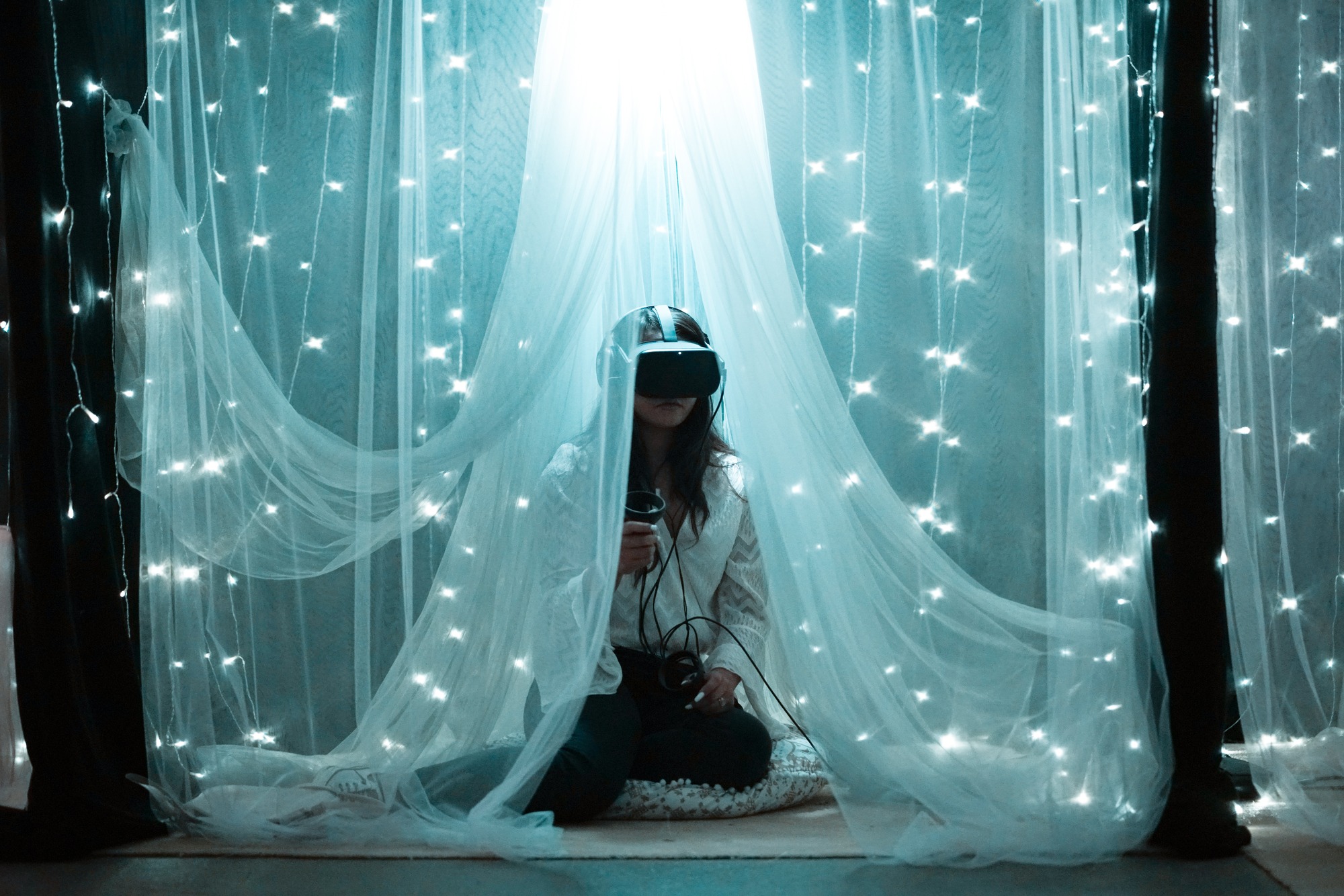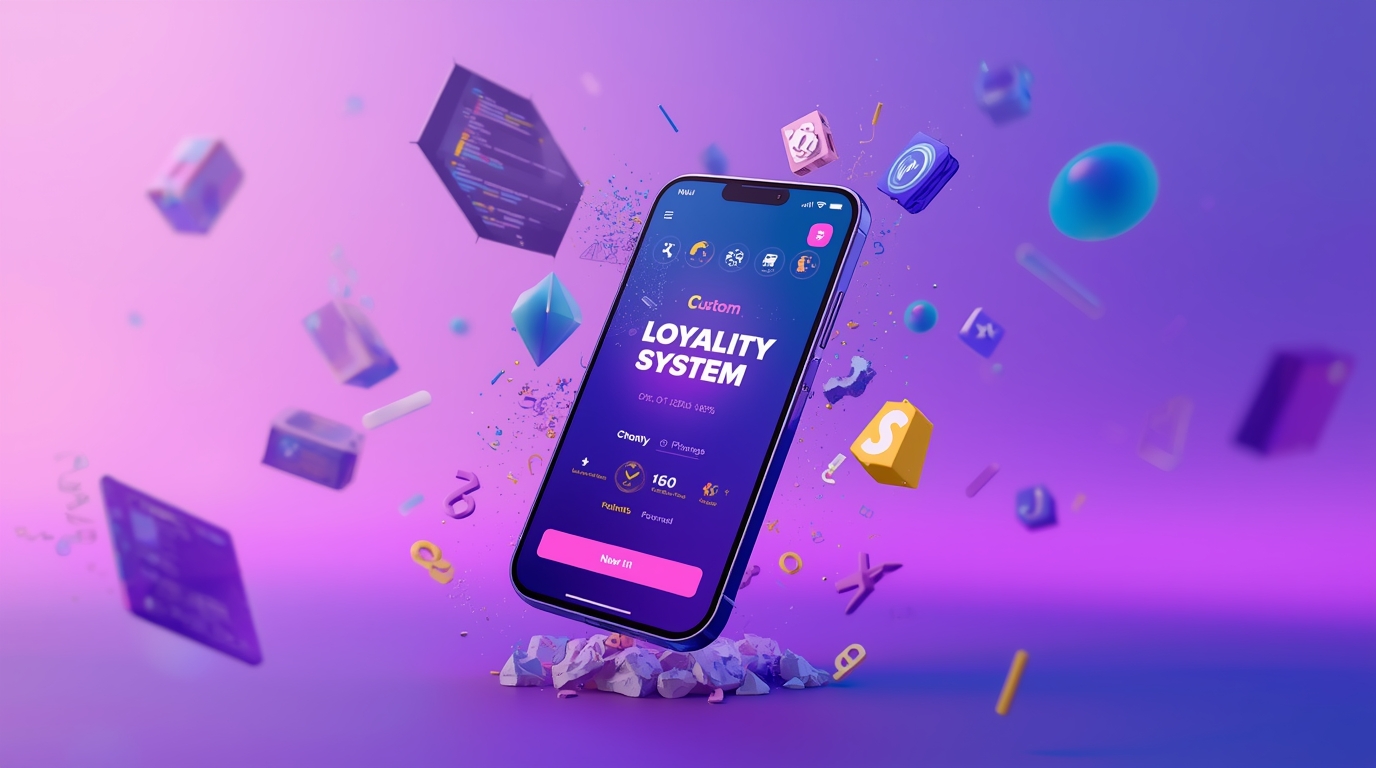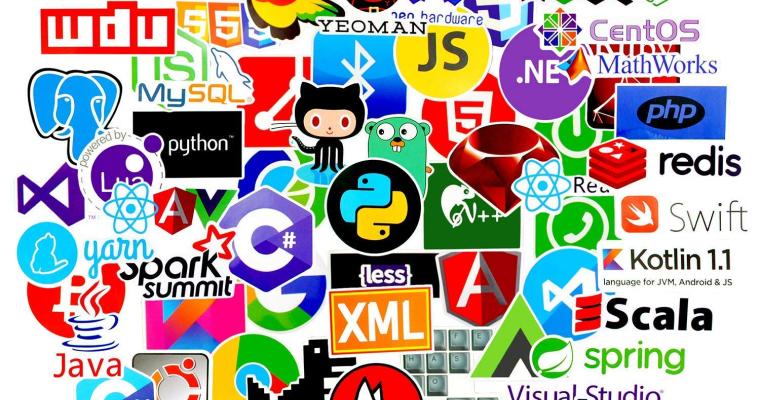Tech has really shaken up the entertainment biz. Now, things like streaming, virtual gigs, and super-real games are changing how we have fun. Entertainment isn’t just sitting back anymore; it’s about jumping in and being part of it. Let’s look at the main tech stuff changing entertainment now and heading into 2025.
The Rise of Immersive Experiences
Entertainment is way more engaging these days. Because augmented reality (AR), virtual reality (VR), and mixed reality (MR) are becoming popular, creators can now make interactive worlds that really pull you in. Instead of just watching, you can now be part of the story.
Live game shows and hybrid entertainment formats exemplify this shift. When you join the Monopoly Live game show, you enter an environment where technology and traditional gameplay merge seamlessly. The game uses cool streaming, 3D stuff, and lets you talk to others watching, which shows how tech can make something old feel totally fresh. It’s more than just playing – it’s like everyone’s putting on a show together where what you do really changes things.
This progress shows something big: people want things made just for them and want to get involved. They want to help decide how things end, and new tech lets them do just that.
Artificial Intelligence in Content Creation
AI is changing how entertainment is made, shared, and personalized. AI can pick your next song, suggest movies, and even make art, write scripts, and come up with stories. Streaming services use AI to guess what you want to watch, and game makers use it to create games that react to you.
In games, AI makes opponents and systems that change to make things feel real. Characters react smartly, stories change as you play, and things feel more natural. For movies and TV, AI helps with visual effects, editing, and making fake actors for scenes.
Basically, this tech isn’t here to kill creativity, but to make it better. AI handles the boring stuff, so artists can focus on telling stories, designing cool things, and just creating. Putting human minds and AI together? That’s where art gets a serious boost.

Streaming and On-Demand Culture
The shift to on-demand entertainment continues to lead in this space. Today, consumers expect instant access to everything – a new movie, a favorite show, or a live event. Platforms such as Netflix, Twitch, and YouTube, have changed habits in how we watch. When, where, and on which device we view programming is now driven by our own choices, rather than the timing and calendar of the traditional media.
This on-demand platform experience has changed live experiences as well. Game shows, concerts, and even sporting events are now broadcast live across many platforms, with all audiences going live together at the exact same moment all over the world. New streaming technology feeds low latency, high definition streaming quality, and smooth real-time interaction and experience- even across multiple continents.
The trend also extends to gaming. Boxed games, board games, even live-streamed casino games shows how combining real-time technology with audience participation creates hybrid experiences that merges traditional media with interactive play.
Our Experience: Where Classic Meets Modern
The Live game show exemplifies how technology can take a classic entertainment experience into the future. Produced by Evolution, this game show combines the classic Monopoly board game, with a fresh approach through advanced online streaming technology and augmented reality. Players can engage with a live host, spin the wheel in real time, and watch 3D animations that bring the world of Monopoly to life.
Live game shows build on the convergence of high-quality broadcast technology, interactive design, and real-time decision-making. These new kinds of shows operate within a shift in entertainment toward participatory and social forms of entertainment, enhanced through technology. Players become contributors to the entertainment experience, as they are involved in a digital performance that incorporates skill, strategy, and excitement.
Key technologies powering immersive live shows:
- Low-latency streaming: Delivers real-time action with less than a second of delay, making global audiences feel like they’re in the same room.
- Augmented 3D overlays: Brings virtual elements (dice rolls, property cards, bonus rounds) directly onto the live host’s studio in stunning detail.
- Interactive chat & polling: Lets viewers influence minor game moments or simply cheer together, turning passive watching into active participation.
- Adaptive AI moderation: Keeps the flow smooth by auto-adjusting pacing based on player engagement and technical conditions.
Tech Stack Comparison: Traditional vs. Modern Live Entertainment
| Aspect | Traditional TV Game Shows | Modern Live-Streamed Game Shows (e.g., Monopoly Live) |
|---|---|---|
| Broadcast Medium | Cable/satellite, fixed schedule | Global internet, 24/7 on-demand access |
| Audience Reach | Local or national | Worldwide, real-time, millions simultaneously |
| Interactivity | Call-ins, studio audience only | Chat, polls, in-game decisions, cross-platform play |
| Visual Effects | Physical sets, basic graphics | AR overlays, 3D animations, dynamic lighting |
| Latency | N/A (pre-recorded or live with delay) | <1 second end-to-end |
| Personalization | One-size-fits-all | AI-driven pacing, tailored bonus triggers |
| Monetization | Ads, sponsorships | Microtransactions, NFTs, virtual goods, subscriptions |
| Replayability | Limited (reruns) | Full session archives, highlight clips, social sharing |
Building these kinds of seamless, high-energy interactive experiences requires more than just powerful tech—it demands vision, precision, and a deep understanding of what keeps players coming back. That’s where Ejaw shines. For over a decade, EJAW has been at the forefront of crafting next-generation game studios, live-streaming platforms, and immersive entertainment environments. From custom real-time multiplayer systems to polished 3D animations and intuitive UI that feels invisible in the best way, EJAW turns complex technology into effortless fun. Their work powers hybrid formats that blend classic gameplay with cutting-edge streaming, ensuring every transition is smooth, every interaction feels alive, and every session—whether you’re spinning a wheel or exploring a virtual board—feels like a shared adventure. It’s the kind of thoughtful, player-first engineering that makes modern entertainment not just watchable, but truly unforgettable.
The Expansion of Virtual and Hybrid Events
Online events are all the rage these days. The pandemic really kicked things into high gear, so now we’re seeing concerts, sports, and shows all over the internet. With tech like holograms and speedy internet, you can catch a concert in Tokyo or be on a game show in London from your couch. Now entertainment’s open to everyone, no matter where they live. Artists get to hang with fans worldwide, and audiences can get way closer to the people making the stuff they love. And as the metaverse gets bigger, these online experiences are only gonna get cooler and feel more real.

The Future of Interactive Entertainment
In the near future, entertainment will be all about getting involved, making it your own, and feeling like you’re really there. Tech like AI, blockchain, and fast internet will keep pushing what we can do. Gamers, streamers, and creators will team up live on virtual stages. This will make places where hanging out and having fun all mix together.
It’ll be harder to tell if you’re just watching, playing, doing your thing, or joining in. Games such as Monopoly Live prove how simple fun can turn into experiences that everyone shares and that keep changing, making it feel real.
What to expect from interactive entertainment by 2025:
- Cross-platform continuity: Start a game on your phone, continue on VR headset, finish on smart TV—seamlessly.
- AI-driven personalization: Every session adapts to your play style, mood, and even time available.
- Blockchain-integrated rewards: Earn, trade, or display digital collectibles that carry real value across games and platforms.
- Hybrid social spaces: Hang out with friends in persistent virtual venues before, during, and after live events.
Tech has totally flipped the script on how we enjoy entertainment. Think about it: we’ve got AR that sucks you in, AI helping artists make cool stuff, streaming that’s live, and everyone can join in from anywhere. Entertainment these days is all about mixing new ideas with getting people involved. People really want experiences that are shared, change as they go, and feel personal.





